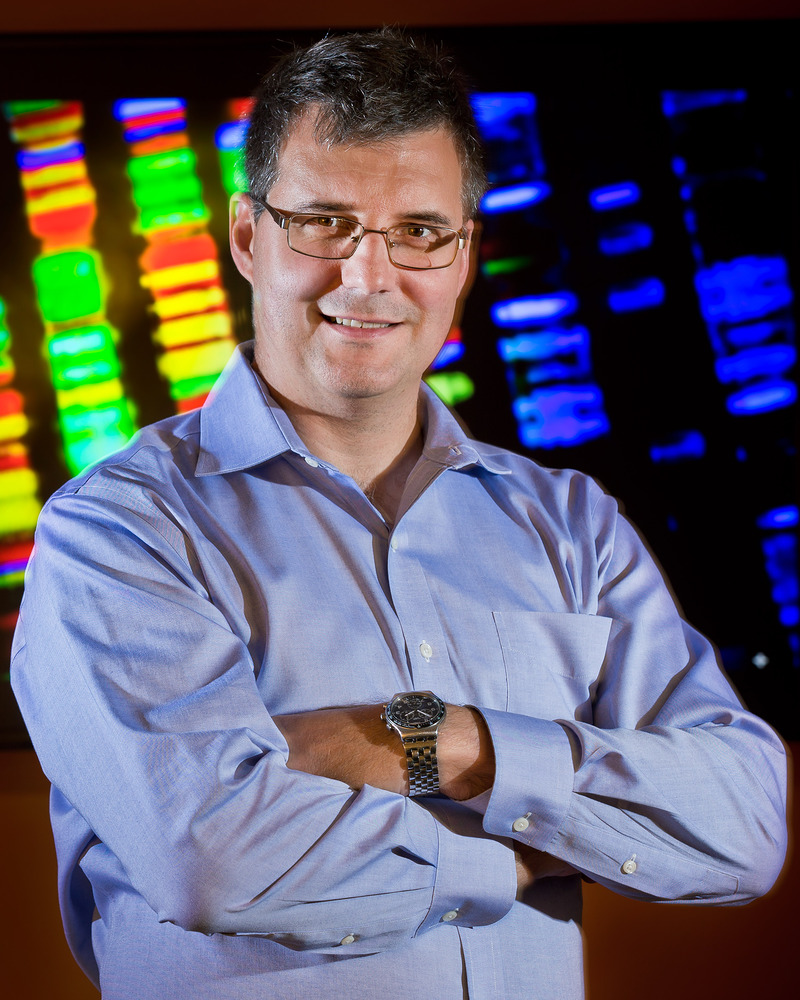WABI 2018: Keynote speaker
18th Workshop on Algorithms in Bioinformatics
Mihai Pop · University of Maryland
From Clustering to Variant Discovery: Algorithmics Opportunities in Microbiome Research
Microbiology has undoubtedly been transformed by the emergence of metagenomics – the sequencing-based exploration of the genomic content of microbial communities. This field has made it possible to characterize the genomes and even functions of microbes that cannot currently be grown in a laboratory. As a result, new microbes and new microbial functions have been discovered in recent years.
In addition to this transformative effect on biology, the analysis of metagenomic data has created new opportunities for computational research. In my talk I will concentrate on algorithmic challenges related to sequence clustering, functional annotation, and structural variant discovery. I will describe recent results from my lab in these areas and also provide a broader outlook on unsolved challenges in this dynamic field.
Dr. Pop is a Professor in the Department of Computer Science and the Center for Bioinformatics and Computational Biology at the University of Maryland, College Park (UMCP) and currently serves as the Interim Director of the University of Maryland Institute for Advanced Computer Studies, and as the Director of the Center for Health-related Informatics and Bioimaging. Dr. Pop received his Ph.D. in Computer Science at Johns Hopkins University where he focused on algorithms for computer graphics and Geographic Information Systems (GIS) applications. Dr. Pop's current research interests include metagenomic assembly and analysis algorithms, software testing in bioinformatics, and dynamic models of microbial communities. His lab has developed a number of widely used open-source software tools, such as the assembly suite AMOS, the NGS aligner Bowtie, and the metagenomic assembly package MetAMOS. He also co-led the data analysis working group for the Human Microbiome Project and led the sub-group responsible for the assembly of the data generated in this project. Dr. Pop is actively involved in teaching at the undergraduate and graduate levels and is strongly interested in the development of educational resources for introductory computer science and bioinformatics.

